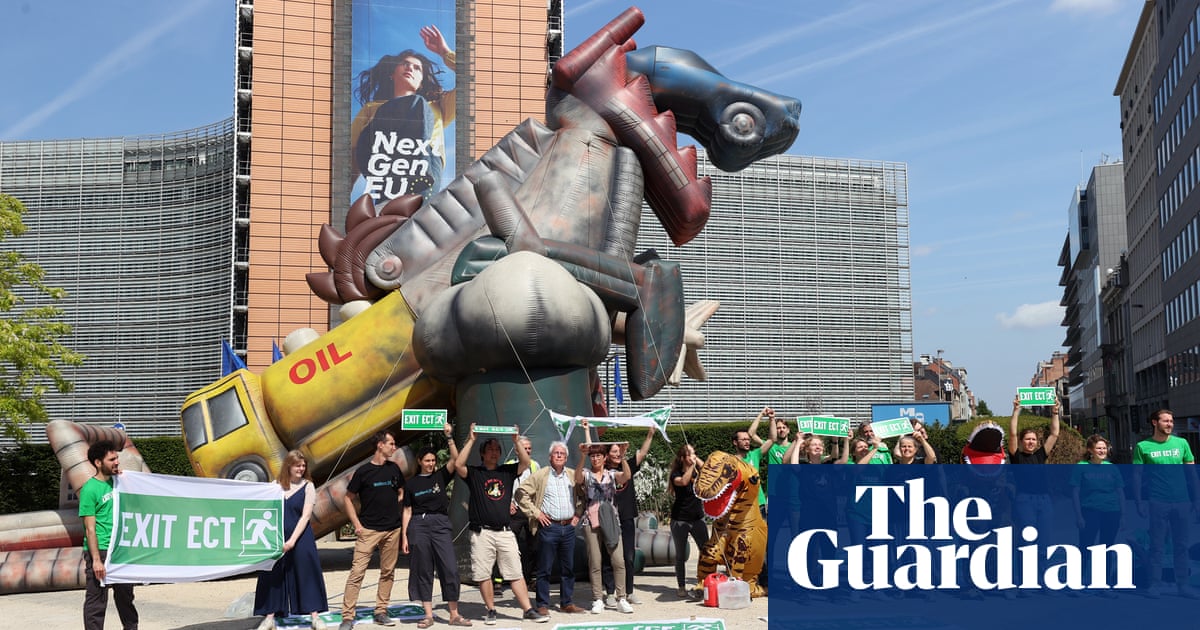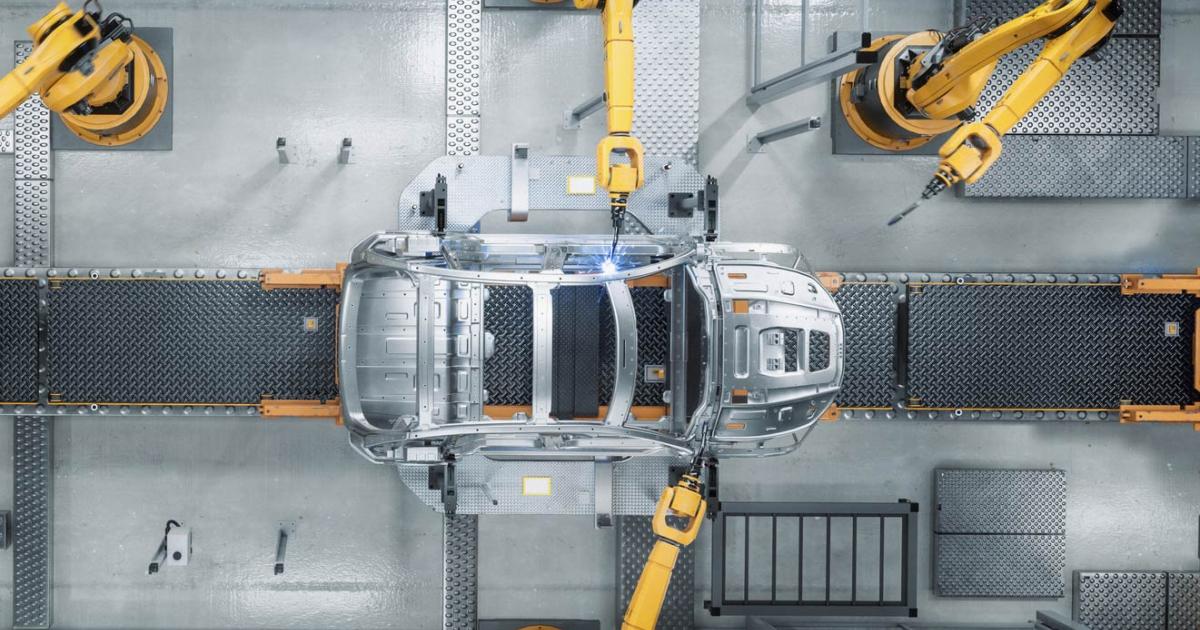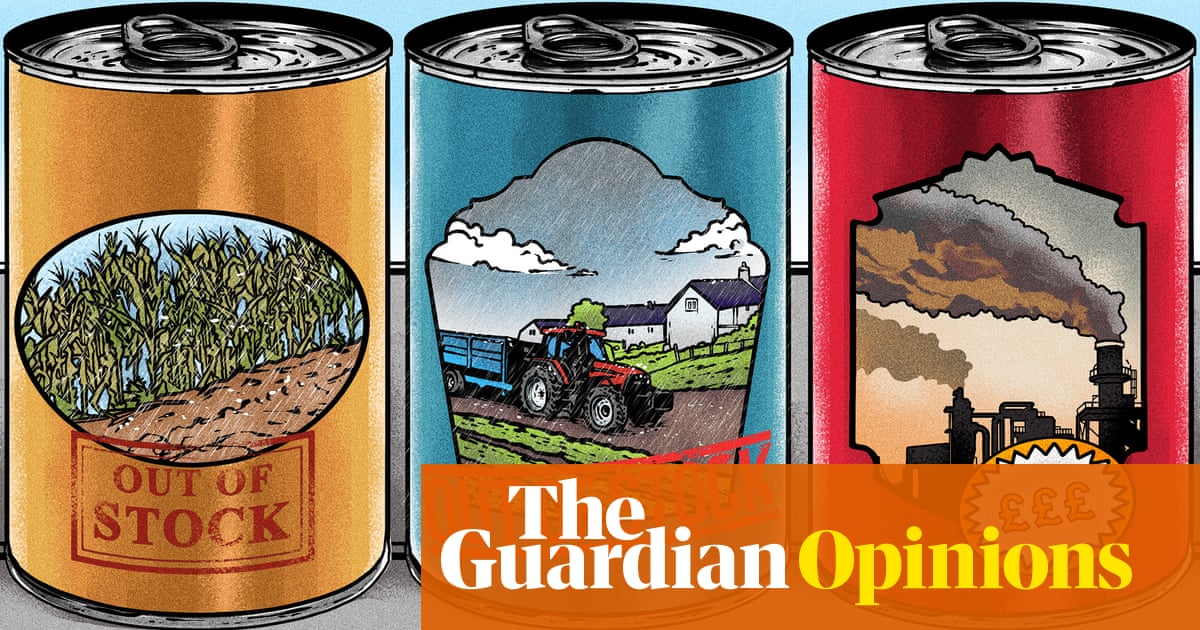mspohr
Well-Known Member

UK should quit ‘climate-wrecking’ energy treaty, say official advisers
Climate Change Committee recommends leaving energy charter treaty, which critics say is ‘weaponised’ by fossil fuel firms
The UK should quit a controversial energy treaty to stop it delaying vital climate action and triggering huge taxpayer payouts to fossil fuel companies, according to the government’s official advisers. The energy charter treaty (ECT) is a system of secret courts that enables companies to sue governments over policies that would cut their future profits. Companies have sued over phasing out coal-fired power stations, ending offshore oil drilling and banning fracking. The UK’s Climate Change Committee said Britain should withdraw from the ECT because recently proposed reforms did not go far enough.
The UK supported recent attempts to reform the ECT. But Rickard said: “The CCC is clear that attempts to patch up the treaty have failed. The proposed reforms would actually keep oil and gas projects protected for at least 10 more years – a decade that is crucial for the climate transition if we are to have a livable future for all.” Global carbon emissions must be reduced by almost half by 2030 to keep global heating below the internationally agreed goal of 1.5C.




/cloudfront-us-east-2.images.arcpublishing.com/reuters/HNCCKW4DMJLERFMC6U32GNO6NU.jpg)






